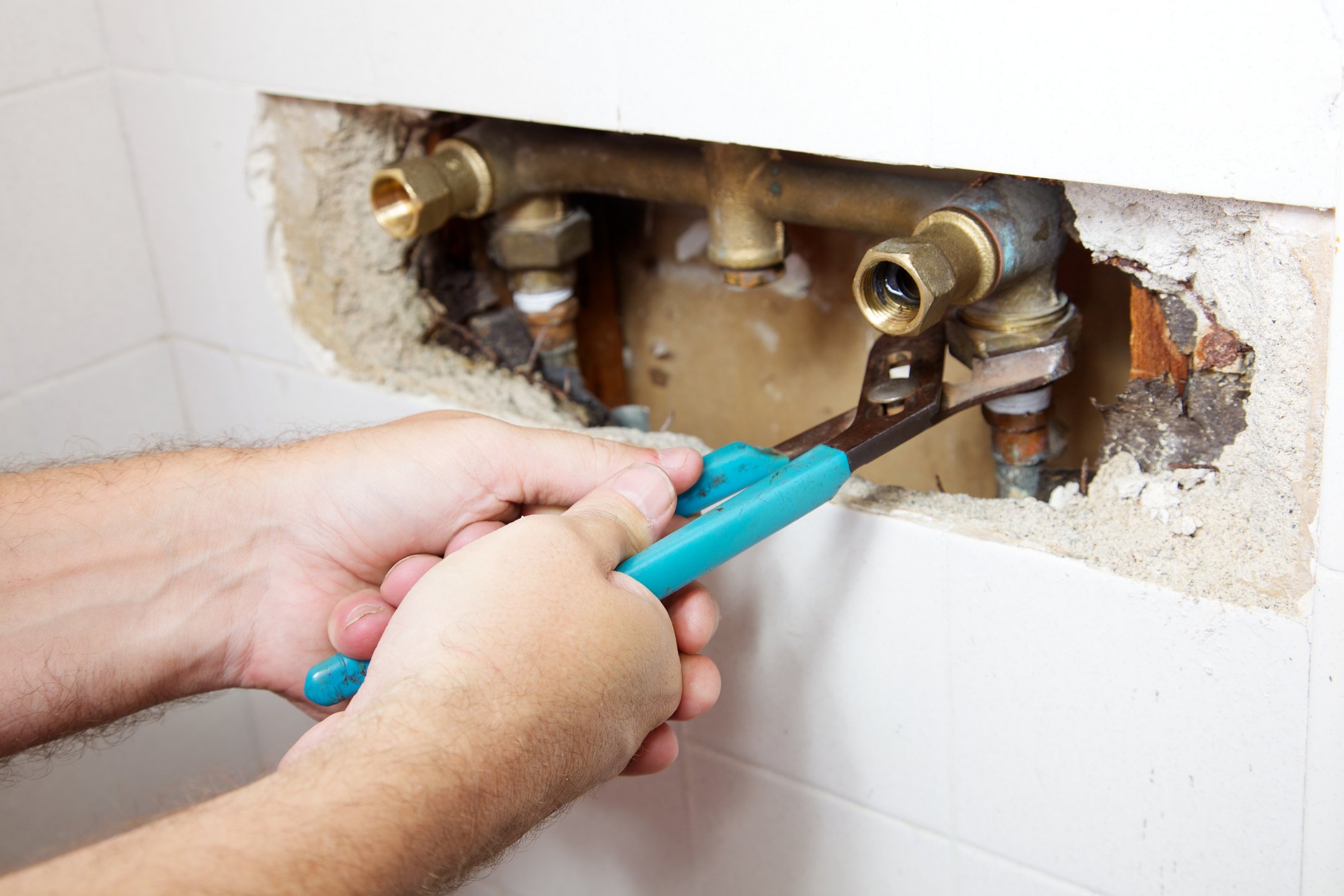Top Advice for Managing Bathroom Plumbing: Tips for New Homeowners
Top Advice for Managing Bathroom Plumbing: Tips for New Homeowners
Blog Article
Just how do you actually feel in relation to General Plumbing Tips for New Homeowners?

For new home owners, understanding and keeping shower room plumbing can save both money and time by preventing expensive issues down the line. Below are some important restroom plumbing suggestions to assist you maintain every little thing running smoothly.
Get Ready For Winter
Safeguard your pipes from cold throughout cold weather by protecting pipes in unheated locations like cellars, attics, and garages. During extreme cold, allow cold water drip from taps served by subjected pipelines to help stop freezing.
Schedule Normal Upkeep
Consider organizing yearly assessments with a certified plumbing professional. They can identify concerns that you may miss, such as concealed leakages or wear and tear on pipes and fixtures. Regular maintenance aids extend the life of your plumbing system and can stop emergency situations.
Acquaint Yourself with the Key Shut-Off Valve
Knowing where the main water shut-off valve is located in your house is vital. This permits you to quickly shut off the water in case of significant leaks or during plumbing emergencies, preventing comprehensive water damages.
Regularly Inspect for Leakages
Small leakages can cause large troubles. Consistently inspect under sinks, around commodes, and near plumbing components for any signs of leaks. Search for wetness, little drips, or corrosion. Catching and repairing leakages early can avoid more serious damages and conserve water.
Keep Your Hot Water Heater
Guarantee your hot water heater is set to a proper temperature (typically about 120 degrees Fahrenheit) to prevent scalding and minimize power use. Flush the storage tank yearly to get rid of sediment buildup, which can minimize the performance and life-span of your heater.
Upgrade Your Fixtures
If your home has older fixtures, consider upgrading to much more efficient models. Modern toilets, showerheads, and faucets are designed to use less water while providing excellent stress, which can dramatically minimize your water expense and environmental footprint.
Be Cautious with DIY Pipes Fixes
While it's tempting to deal with all home repair work on your own, be cautious with plumbing. Some problems may need professional know-how, specifically if they entail major water lines or sewage system repairs. Working with a specialist can often be a lot more economical than DIY, especially if it prevents additional damage.
Do Not Overlook Slow Drains
If your sink or tub is draining pipes slowly, it's frequently a sign of a blockage developing. Addressing this early can prevent a full obstruction. Utilize a bettor or a plumber's serpent to clean out debris. Stay clear of utilizing chemical drainpipe cleaners as they can harm your pipes with time.
Know What Not to Flush
Bathrooms are not garbage disposals. Avoid purging anything aside from toilet paper and human waste. Things like wipes, feminine health products, and cotton bud should be disposed of in the garbage to prevent blockages and sewage system backups.
Install Strainers in Drains
Place filters in your sink and bathtub drains pipes to capture hair and other particles prior to they enter your pipes system. Cleaning up the strainers on a regular basis will assist prevent accumulation and maintain water streaming freely.
Final thought
Comprehending and keeping your home's shower room pipes can stop lots of usual issues. By following these vital ideas, you can ensure your washroom stays useful and reliable, conserving you time and money in the future.
Essential Plumbing Tips for Homeowners: Keep Your Pipes Flowing Smoothly
As a homeowner, understanding the basics of your plumbing system can save you time, money, and a lot of headaches. Plumbing issues can range from minor annoyances like dripping faucets to major problems like burst pipes that cause significant damage. This guide provides essential tips to help you maintain your plumbing system and tackle common issues.
Understanding Your Plumbing System
Supply System: Brings fresh water into your home from a municipal source or a well. Drain-Waste-Vent System: Removes wastewater and vents sewer gases outside. Fixtures and Appliances: Includes sinks, toilets, showers, dishwashers, and washing machines. Basic Maintenance Tips
Regular Inspections: Periodically check for leaks, corrosion, and other signs of wear and tear. Look under sinks, around toilets, and near water heaters. Know Your Main Shut-Off Valve: In case of a major leak, you’ll need to shut off the water quickly. Ensure everyone in your household knows where the main shut-off valve is located. Prevent Frozen Pipes: In cold climates, insulate exposed pipes and let faucets drip during extreme cold to prevent freezing. Use Strainers: Install strainers in sinks and tubs to catch hair, food particles, and other debris that can cause clogs. Common Plumbing Issues and Solutions
Clogged Drains:
Prevention: Avoid pouring grease down the drain and use drain screens to catch debris. DIY Fix: Use a plunger or a plumbing snake to clear minor clogs. For stubborn clogs, a mixture of baking soda and vinegar can sometimes help. Leaky Faucets:
Prevention: Replace washers and seals regularly. DIY Fix: Turn off the water supply, disassemble the faucet, and replace worn parts.

Call Today Report this page